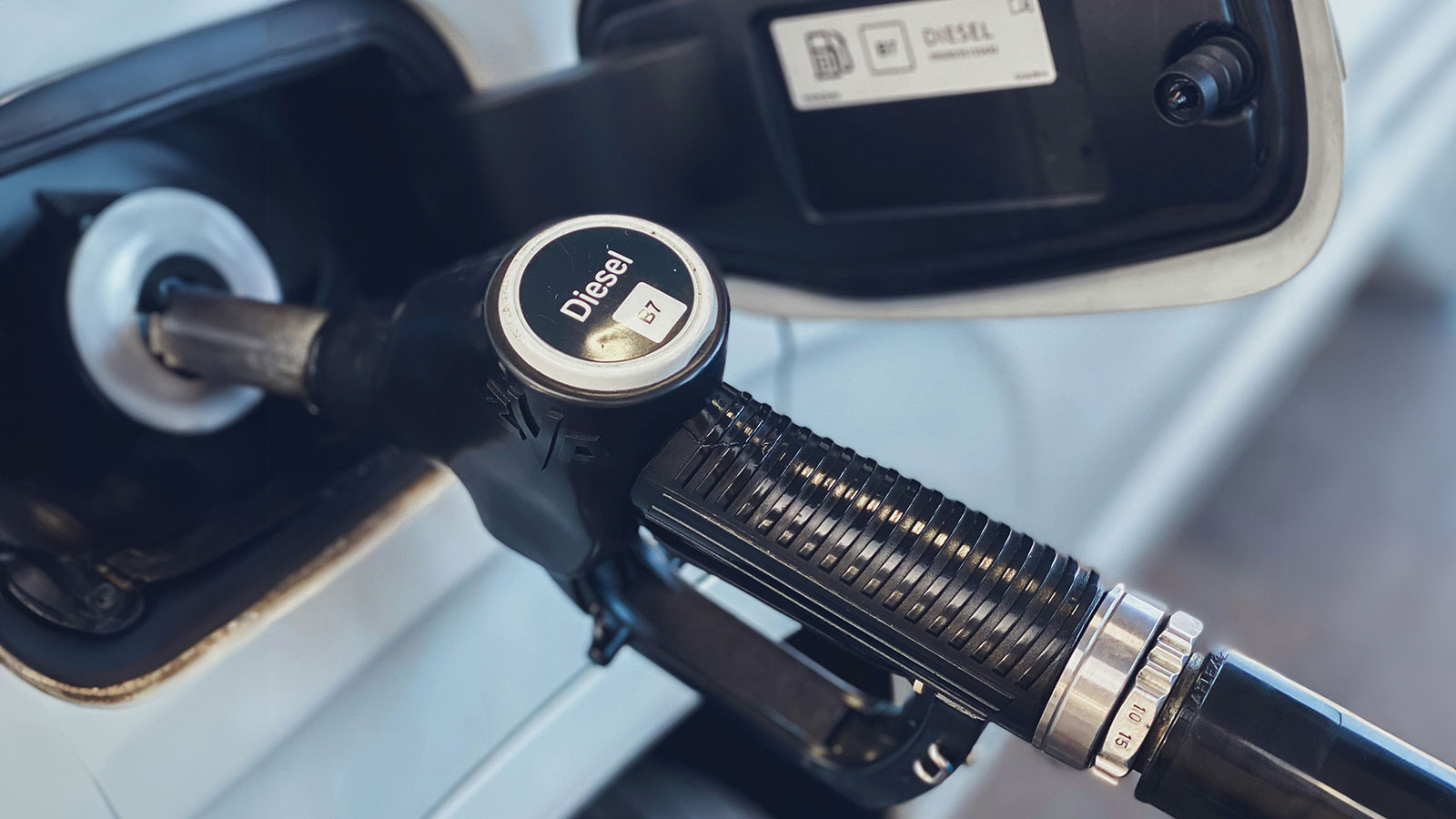No Escaping Florida Tax on Undyed Diesel Fuel
Never miss a thing.
Sign up to receive our insights newsletter.

Undyed diesel fuel (“Fuel”) that is exempt from the Florida fuel tax by way of refund is subject to the Florida sales and use tax, a Florida administrative court held in Harris Sanitation v. Florida Department of Revenue. For taxpayers, this means that eligible fuel tax refunds is offset by sales and use taxes if the supplier did not collect the sales and use taxes with the fuel tax.
In other words, Fuel is subject to either the Florida fuel tax or the Florida sales tax. It cannot be exempt from both by virtue of first paying the fuel tax (thereby eliminating sales tax liability) and then claiming a refund of the fuel tax. When fuel tax exemptions are claimed by way of a refund on previously taxed fuel, the sales tax is imposed on those volumes of fuel.
Taxpayers transacting in Florida have received notice that either fuel tax or sales tax is due on all sales of Fuel within the state. Taxpayers claiming fuel tax refunds for tax previously paid on Fuel used in an exempt manner need to (1) know whether sales tax was collected by the terminal supplier who first sold the Fuel in a taxable manner, and (2) plan to have a tax refund reduced by the sales tax due on the Fuel in the (majority) of cases in which the sales tax was not collected.
The law has not changed, however, the clarification by the administrative court, may change some practices if Fuel is being sold in a manner the supplier knows is subject to a fuel tax refund. If a supplier knows that the purchaser must pay fuel tax but is eligible for a refund, that supplier may add the sales tax to the invoice such that applicable taxes are properly collected and paid.
Additionally, taxpayers should consider the difference between sales tax – which is determined by a percentage measurement, and motor fuel tax – which is measured in gallons –claiming a motor fuel tax refund may not always be the most economical path.
Florida’s Sales and Use Tax Exemption
Florida levies a tax on the sales price of each item or article of tangible personal property when sold at retail. Sales and use tax is imposed on “each person who buys diesel fuel for consumption, use, or storage by a trade or business based on the total price of diesel fuel consumed.” However, there is an exemption from the sales and use tax for Fuel upon which the state fuel tax has been paid. While diesel is generally subject to fuel tax, not all diesel fuel is subject to the tax. For example, fuel tax is not owed on Fuel used for an exempt purpose, and fuel tax initially collected on diesel for an exempt purpose is refundable.
Section 206.8745(6) of Florida’s fuel tax statute provides that “[u]ndyed, tax-paid diesel fuel consumed by a power takeoff or engine exhaust for the purpose of unloading bulk cargo by pumping or turning a concrete mixer drum used in the manufacturing process, or for the purpose of compacting solid waste, which is mounted on a motor vehicle, and which has no separate fuel tank or power unit, is subject to a refund as provided by rule.”
Issue in Harris Sanitation
From July 1, 2020, to March 31, 2021, Harris Sanitation paid Florida state fuel tax on its purchases of Fuel consumed by power take-off units used to compact solid waste and unload bulk cargo by pumping. These purchases constituted the purchase of Fuel for use in a trade or business. At the time of purchase, the terminal supplier did not collect sales and use tax. Harris Sanitation timely filed refund claims for all fuel tax paid during that time period.
The Department of Revenue issued a refund, and the amount of the refund was offset by unpaid sales and use taxes in the amount of $2,496.22. Harris Sanitation then filed a refund claim for the sales and use tax based on the exemption for Fuel on which fuel tax was paid. The Department of Revenue issued a Notice of Proposed Refund Denial stating, in part, that a fuel tax refund required the offset of sales and use tax. Harris Sanitation appealed the decision.
In its appeal, Harris Sanitation argued that, because it initially paid fuel tax on its purchases of Fuel, the Fuel for which fuel tax was refunded is exempt from sales and use tax because fuel taxes on that Fuel “have been paid.” In other words, Fuel used by power take-off units for compacting waste or unloading bulk cargo is exempt from both fuel tax and sales and use tax when fuel tax is initially collected and remitted, no matter if the fuel tax is ultimately not due and is refunded.
Impact of Court Decision
The Division of Administrative Hearings did not agree that Fuel used in an exempt manner and for which a refund is sought is exempt from both fuel tax and sales tax. The administrative law judge held that the statute does not exempt from sales and use tax Fuel for which fuel tax is not due and has been refunded. The judge explained that when a refund is paid, the payment of the tax is undone; therefore, no fuel tax is paid and the sales and use tax is due.
For more information, contact us. We are here to help.
©2024
